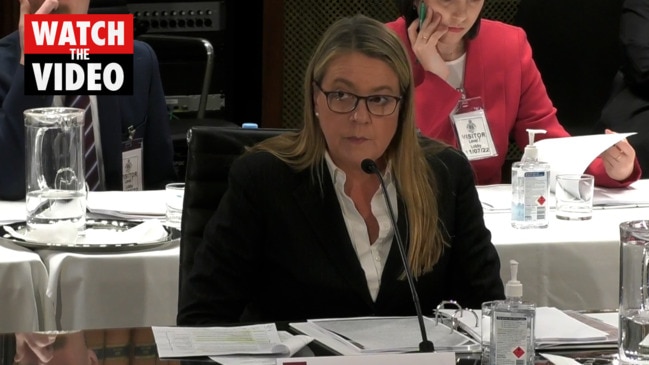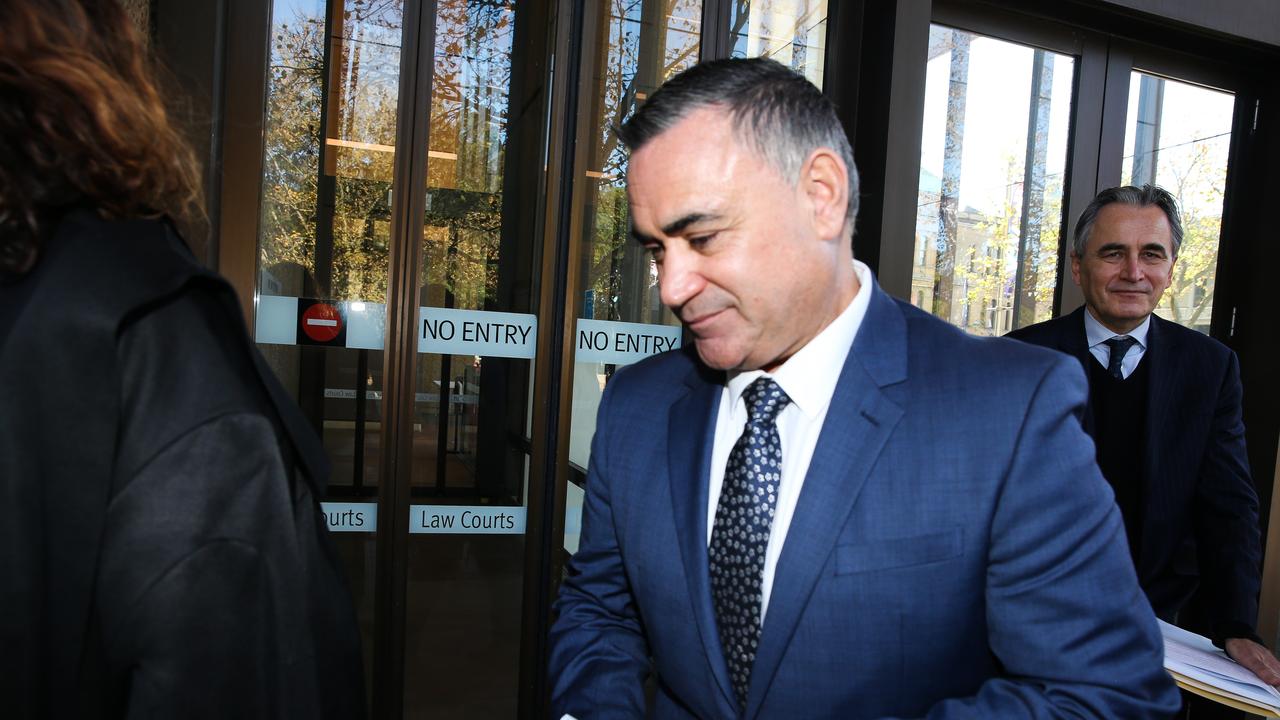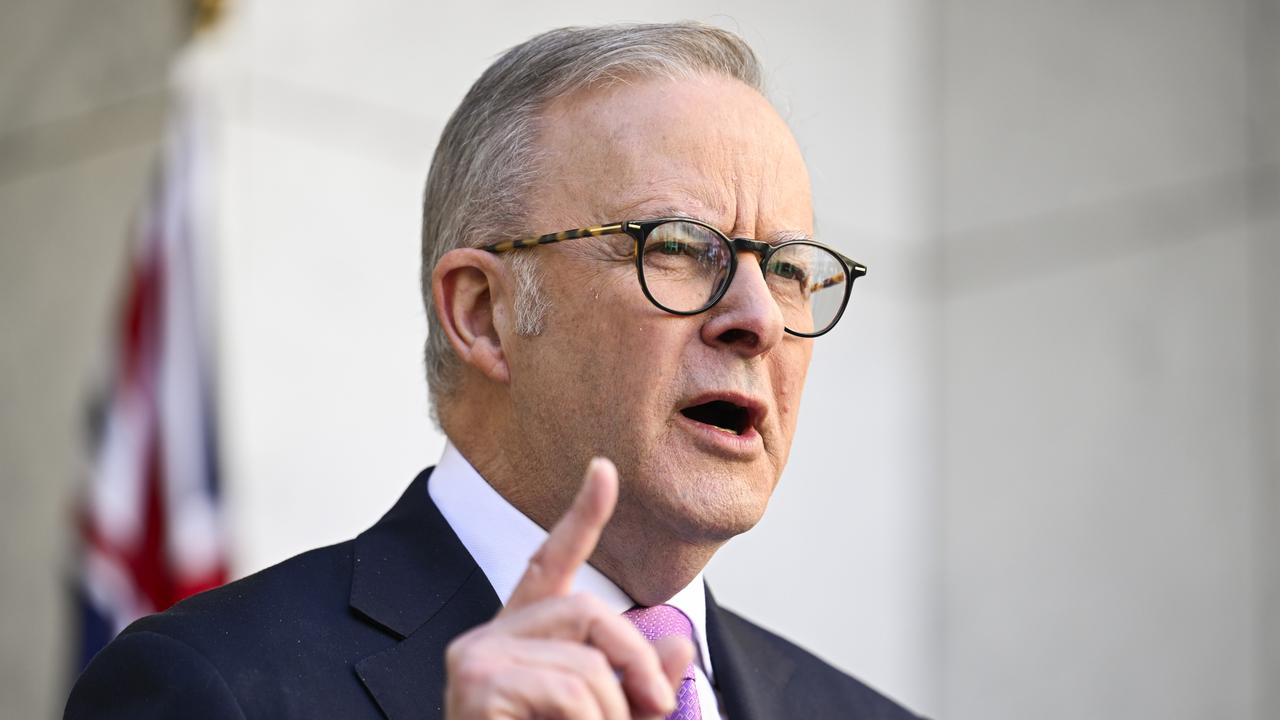Report reveals shocking ‘jobs for mates’ problem on government boards
The extent of a rising ‘jobs for mates’ culture on boards and tribunals has been revealed in a scathing new report.

Australian “jobs for mates” culture among politicians is on the rise and is compromising public trust and performance, according to a damning new report.
Former politicians occupy 21 per cent of federal government board positions which are well-paid, powerful, and prestigious, the new Grattan Institute report has revealed.
“When mateship prevails over merit, we all suffer,” report lead author and Grattan Institute CEO Danielle Wood said.
“Of course not all political appointees are without merit, but politicising public appointments can compromise the performance of government agencies, promote a corrupt culture, and undermine public trust in the institutions of government.”
Political appointments have grown substantially in the past five years with many of them made on ‘election eve’ – in the lead up to the 2019 and 2022 federal elections.

It comes as former NSW Deputy Premier John Barilaro fends off public scrutiny over his appointment to the New York posting of the state’s trade commissioner to the US earlier this year.
A parliamentary inquiry into the process of his appointment will be referred to the NSW Independent Commission Against Corruption (ICAC).
At least half the board members on the Productivity Commission, an independent research and advisory board, have a political connection to the Coalition.
More than one in five members of federal government business boards have a political connection.
That includes companies like Australia Post which employs thousands of people and manages billions of dollars in income.
In many states, the ratio sits at one in ten members.

Meanwhile, fewer than 2 per cent of ASX100 company board members – who exercise very similar responsibilities – have a political connection.
Twenty per cent of the 320 members on the Administrative Appeals Tribunal (AAT) have a direct political connection to the government that appointed them.
The tribunal is an independent expert body which reviews government decisions on everything from child support to migration status and offers up salaries that range from $200,000 to nearly $500,000 a year.
“This is a big problem, but it has an easy fix,” Ms Wood said.
“If the new federal government is serious about improving the way politics is done in Australia, it should set about ending the insidious jobs-for-mates culture – and the state and territory governments should get on board.”

The Grattan Institute is calling on state and federal governments to end to jobs for mates and establish a transparent, merit-based selection process for all public appointments.
They are asking for the appointment of a new Public Appointments Commissioner to oversee the process.
Among their other recommendations they suggest all roles should be publicly advertised and an independent panel assigned to assessing applicants and short-listing candidates.



